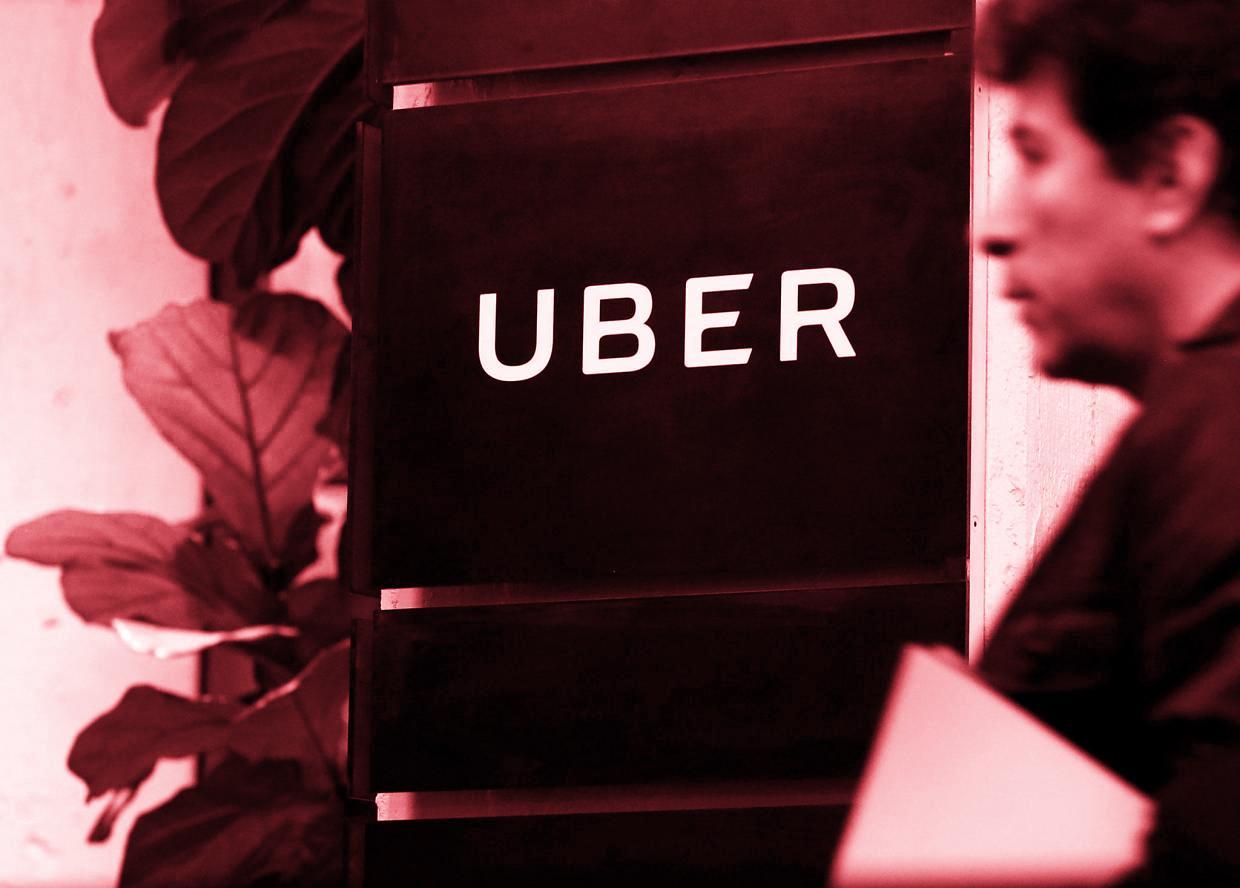Uber in London: As TfL licence appeal deadline looms, what does the future hold for the taxi app in the capital?
Will you still be able to hail an Uber over the weekend? And what’s going to happen in the longer run?

Friday marks the deadline for Uber to appeal a shock decision by Transport for London not to automatically extend its licence to operate in the city.
But what does that actually mean, will you still be able to hail an Uber come the weekend and what’s going to happen in the longer run?
The background
On 22 September Tfl announced that it was scrapping Uber’s licence to operate in its current form in London and gave the Silicon Valley behemoth 21 days to appeal the decision.
In a damning statement, the transport authority said that its regulation of London's sprawling taxi and private hire market is designed to ensure passenger safety. Uber, it determined, was "not fit and proper to hold a private hire operator licence".
It said that it considered that the company’s approach and conduct to “demonstrate a lack of corporate responsibility in relation to a number of issues which have potential public safety and security implications”.
What’s happened since?
An estimated 3.5 million people use Uber and around 40,000 people are licenced to drive for it in London, making the city a hugely important market for the eight-year old company.
So it’s no surprise that Uber appears to have pulled out all the stops to try and win TfL back over.
Immediately after 22 September, global chief executive Dara Khosrowshahi – brand new to the top job - admitted that the company had "got things wrong" and apologised unreservedly for the "mistakes we've made".
Mr Khosrowshahi, who replaced maverick founder Travis Kalanick over the summer, subsequently met representatives from TfL to discuss the latter’s concerns and Uber has reportedly hired top QC Thomas de la Mare, who has a history of representing the company against TfL on appeals against new regulations.
And Mr Khosrowshahi seems to be trying to clean up the company’s act more generally too, shaking up management and clamping down on problems around corporate culture and sexual harassment claims.
In early October Jo Bertram, the Uber executive in charge of the region that includes the UK, said that she was leaving her job. The group is also in the process of replacing its top lawyer and other senior managers.
On the other side of the equation, London mayor Sadiq Khan, who is also the chairman of TfL, has praised Mr Khosrowshahi’s humility throughout the process so far and has indicated that he is confident the two sides can reach a non-litigious settlement.
In a statement immediately after Mr Khosrowshahi spoke to TfL commissioner Mike Brown, TfL put out a statement describing the talks as “constructive”.
What’s likely to happen on Friday?
In short, possibly not much. Uber has – unsurprisingly – already indicated that it will appeal the decision. It recently told its London customers that it will still be able to get them “from A to B” as discussions with TfL continue.
If it lodges an appeal, it will be able to keep operating during that appeal process. It’s hard to say how long that process will last but it could take several months.
What’s likely to happen over the longer term?
The backlash against TfL’s decision has been fierce and even though the regulator has made it clear that a company must comply with the rules in order to operate, it’s hard to imagine Uber vanishing from the streets of London completely any time soon.
Sadiq Khan’s constructive tone indicates that it’s in his interest to reach a deal under which Uber can keep driving. Prime Minister Theresa May has called the original TfL decision “disproportionate” and several unions have condemned it, saying that a decisive ban could threaten the livelihoods of up to 40,000 people who earn a living from Uber.
An online petition to save Uber in London, started on 22 September, has garnered more than 850,000 virtual signatures.
Regulators certainly won’t be won over easily, especially as it’s important to set precedents and parameters amid a boom in sharing economy services like Uber, but Uber will certainly put up a tough fight. London, it seems, is simply too valuable to give up easily.
Join our commenting forum
Join thought-provoking conversations, follow other Independent readers and see their replies
Comments
Bookmark popover
Removed from bookmarks